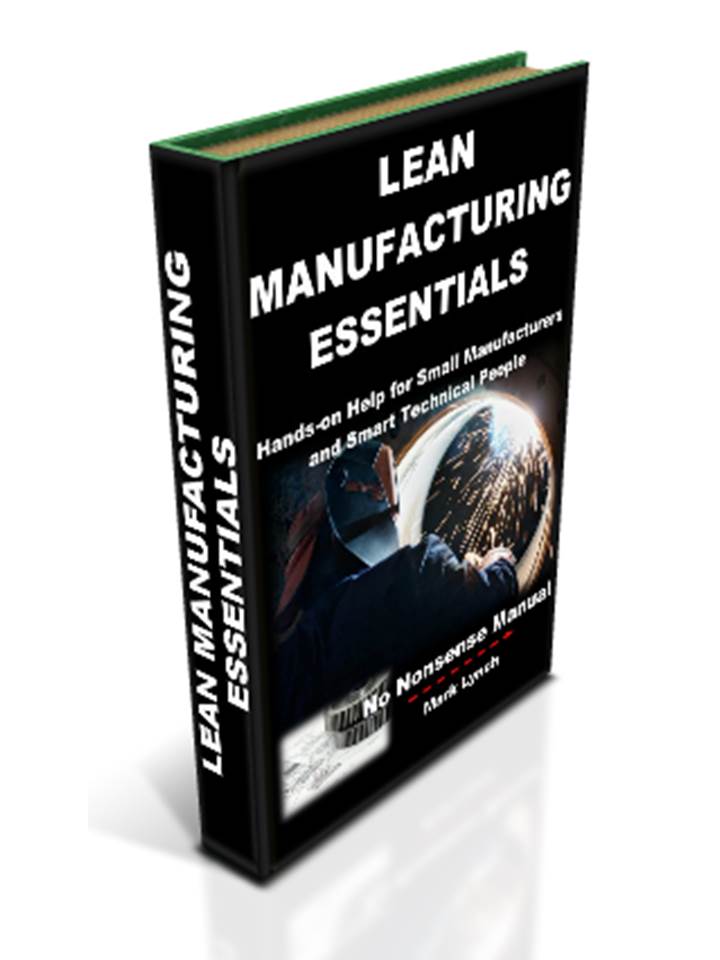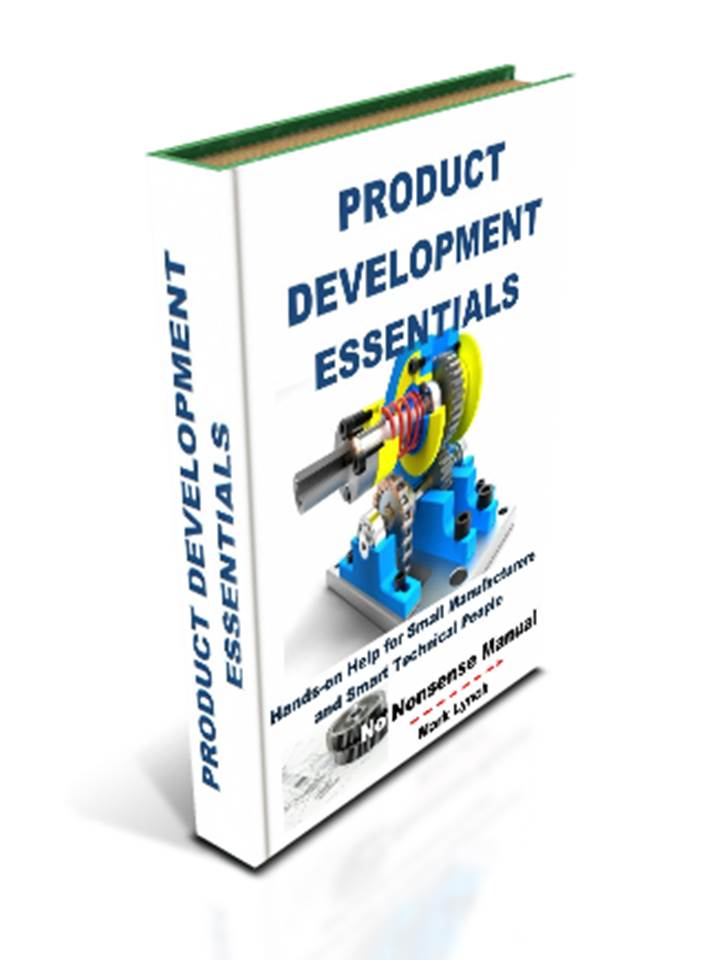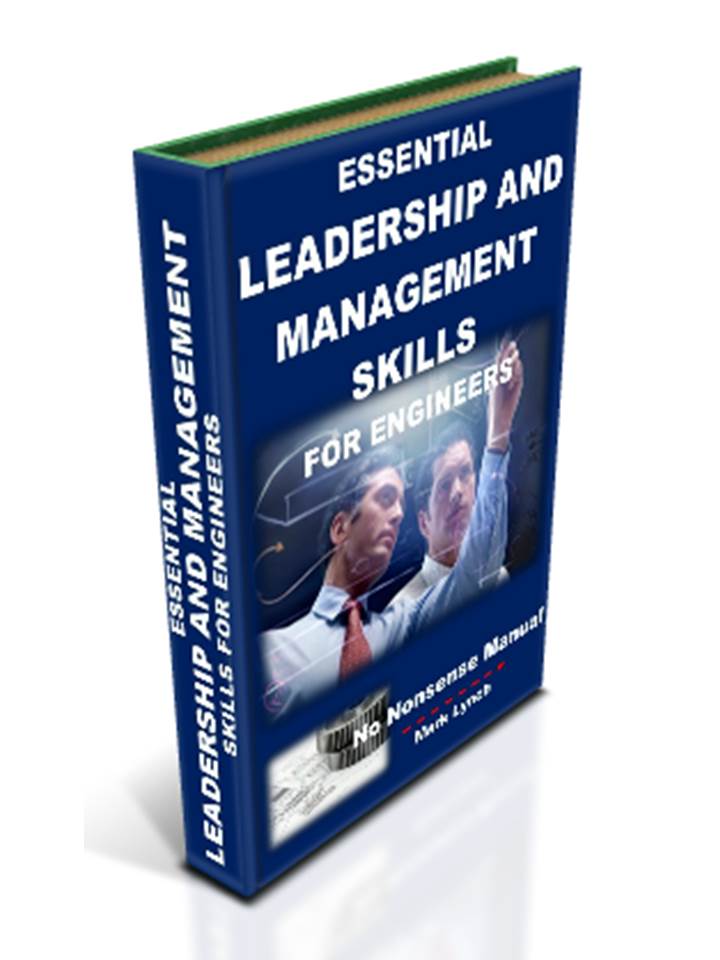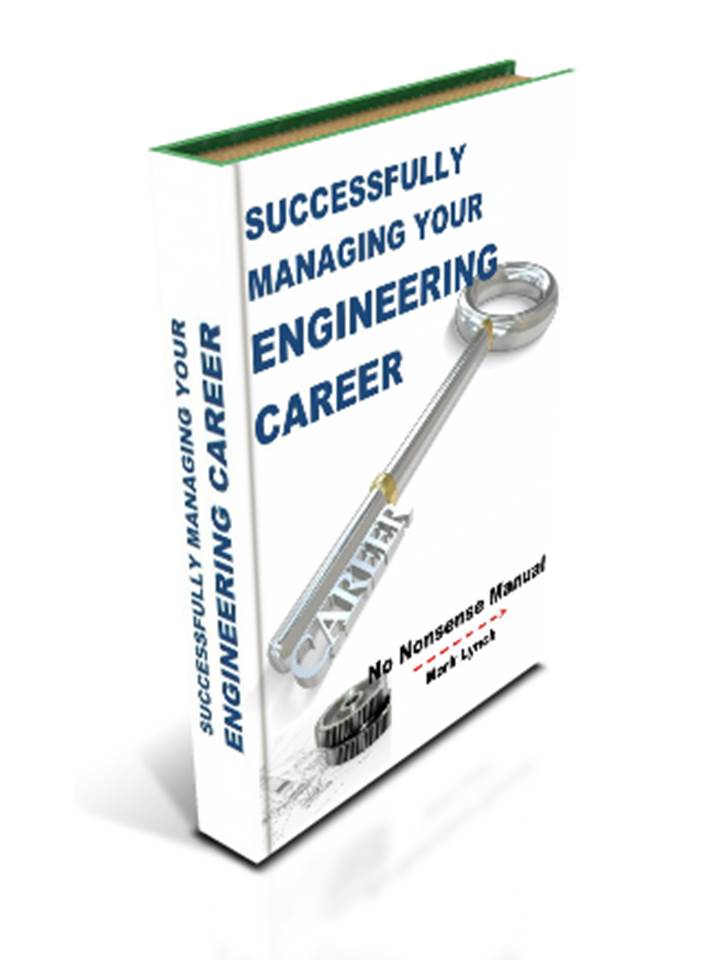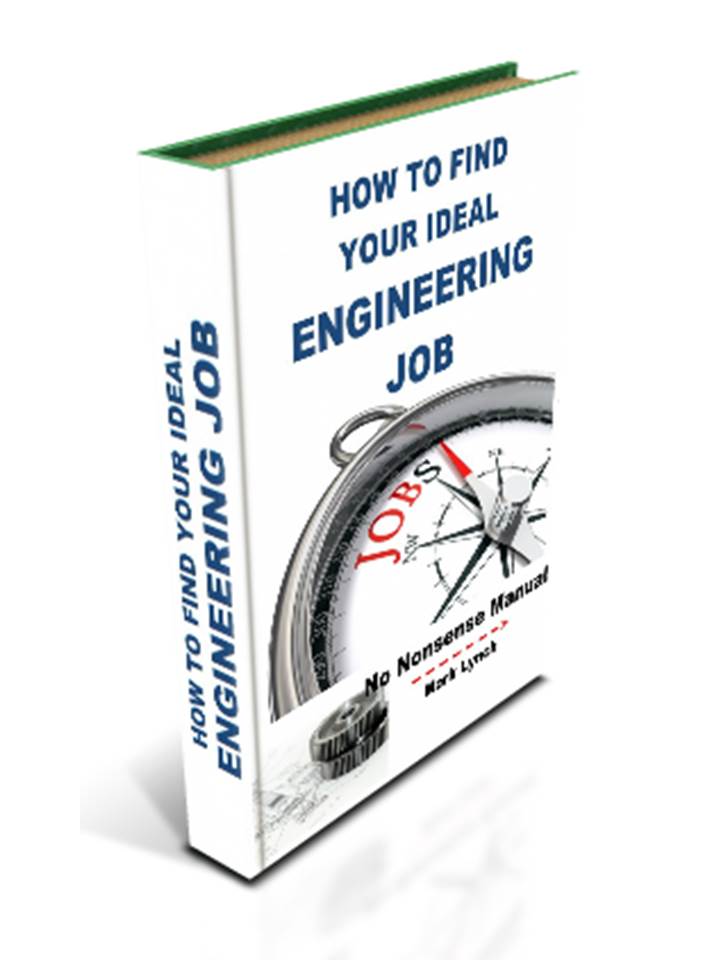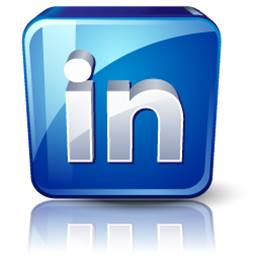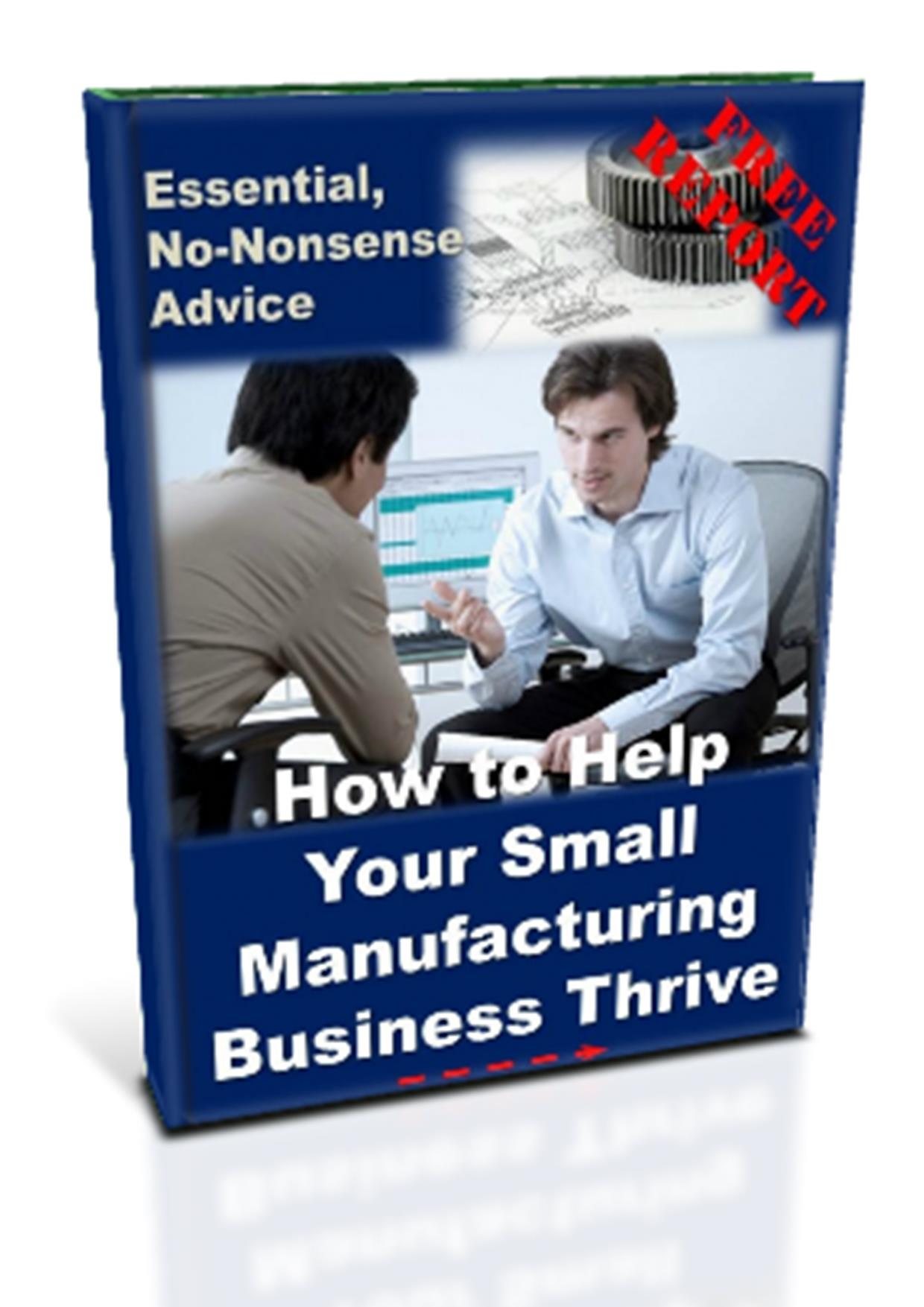'Hands-on Help for SMEs' and Smart Technical People'
During the
Engineering Interview:
This is your time!
During the Engineering Interview
Right, this is what it’s all about! As mentioned earlier your preparation will have included getting to the location on time, appropriate dress and potentially a technical portfolio. In addition, bring a few extra copies of your CV in case they need to be distributed to other panel interviewers.
Double check your interview time and place, paying special attention to where you need to report to and who will meet you. If planned correctly, you’ll probably turn up a little early. Don’t be tempted to go in just yet. Instead report in exactly when requested.
Be aware of the impression you make from the moment you start meeting people. Give a firm hand shake and maintain eye contact. Consciously smile and be pleasant. Partake in small talk, typically about the journey. Stay positive. Laugh at their jokes! Be aware of your body language. Ensure it portrays someone who is interested and enthusiastic. All this is important in building rapport.
Before you get into the technical detail and content of the interview, you can actively demonstrate to your interviewer(s) you get along with people. In addition you are comfortable with their employees and are a good match for the company culture. ‘Having a hunch’ about an individual is surprisingly a common recruitment criteria (along with others) used by senior managers. You need to put yourself in a place where those interviewing you get a positive vibe about you. Creating an affinity is a central part of this.
Attempt to relax as much as possible. This is often easier said than done, but consider concentrating on one thing at a time (the questions) rather everything else swirling around in your mind. Attempt to reduce anxiety by concentrating on slow, calm, controlled breathing. Concentrate on listening carefully, smiling and nodding to show agreement. Think about the interview as a conversation – nothing more.
You’ll soon be into the core business of the interview – answering questions about your experiences, skills and competencies. This is where your preparation should come into its own. Listen carefully to any questions. If you are unsure what the interviewer is requesting, politely ask them to repeat or clarify. This also buys you time to better formulate your answers.
If you have prepared well the likelihood is you’ll be more comfortable and confident answering questions. You should be able to skilfully articulate why your key strengths match the attributes of the position. Strong preparation should make sure interview questions quickly jog your memory and leave the answers on the tip of your tongue. This should ensure your answers sound natural and confident. Feeling comfortable and relaxed will also open up your mind, assisting your ability to quickly retrieve answers.
You’ll know what a good answer feels like. Once you get into a rhythm, providing a stream of good answers, you’ll feel your confidence increase. This should further relax you and feed into more solid answers.
When answering questions ensure you speak clearly. Maintain eye contact with the person asking the question, but be sure to periodically acknowledge any others in a panel interview. It goes without saying, but be honest when answering questions. As mentioned in an earlier section, the thought of being caught out at this stage doesn’t bear thinking about.
A good pattern to get into is...
- Listen carefully to the question, absorbing and fully understanding what they are requesting.
- Formulate and articulate your answers, speaking clearly with good eye contact.
- To illustrate your answers, use examples and evidence of what actually happened. Concentrate on your personal, specific contribution. Quantify wherever possible.
- Describe the impact and the eventual outcome that resulted from your contribution.
Remember, ideally the interview should be more like a conversation. As such, in a conversation you would not give one word answers. Avoid these during the interview too. Even if the core point the interviewer is seeking can be summarised with one word, be prepared to elaborate and engage with them. Use the opportunity to substantiate your answer with proof.
Throughout the interview the importance of maintaining interest, enthusiasm and rapport can not be underestimated. You need to connect with them as people, as well as demonstrate you are technically exceptional. Maintain this to the end of the interview, including eye contact and a firm hand shake just before you leave.
During the Engineering Interview
Next... After the Interview: Feedback and Review
Back to Engineering Jobs
If there is such a shortage of engineers, why aren’t engineering salaries shooting through the roof? What do you think?
We constantly hear about the skills shortage in engineering and high-end manufacturing? Well according to the laws of supply and demand, a shortage of anything should increase its value. So why aren’t engineering salaries sky rocketing as a result? Or are they? What do you think?

